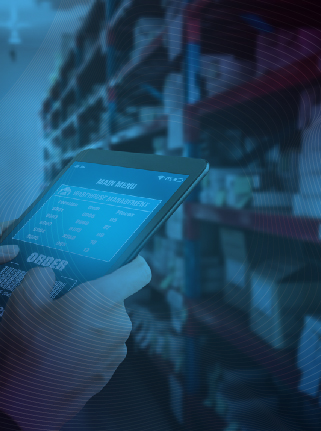Problem
The problem with the sharing economy and IoT devices is that they generate large amounts of data which is often housed in centralized databases that are vulnerable to hacking and data breaches. This can lead to issues with data integrity and security, difficulties with device identification and authentication, and challenges with automating actions and events based on IoT device-generated data. Additionally, there is a lack of compatibility across devices from different suppliers and communication protocols, making it hard to seamlessly transfer data and conduct transactions.
Solution
The use of blockchain technology in the sharing economy has the potential to improve device identification and authentication, automate actions and events, and promote interoperability among IoT devices, all while providing a safe and decentralized system for storing and exchanging data generated by those devices. This has the potential to increase data safety and security, boost the productivity of the sharing economy, and facilitate hassle-free financial dealings across several platforms and gadgets.
Close






